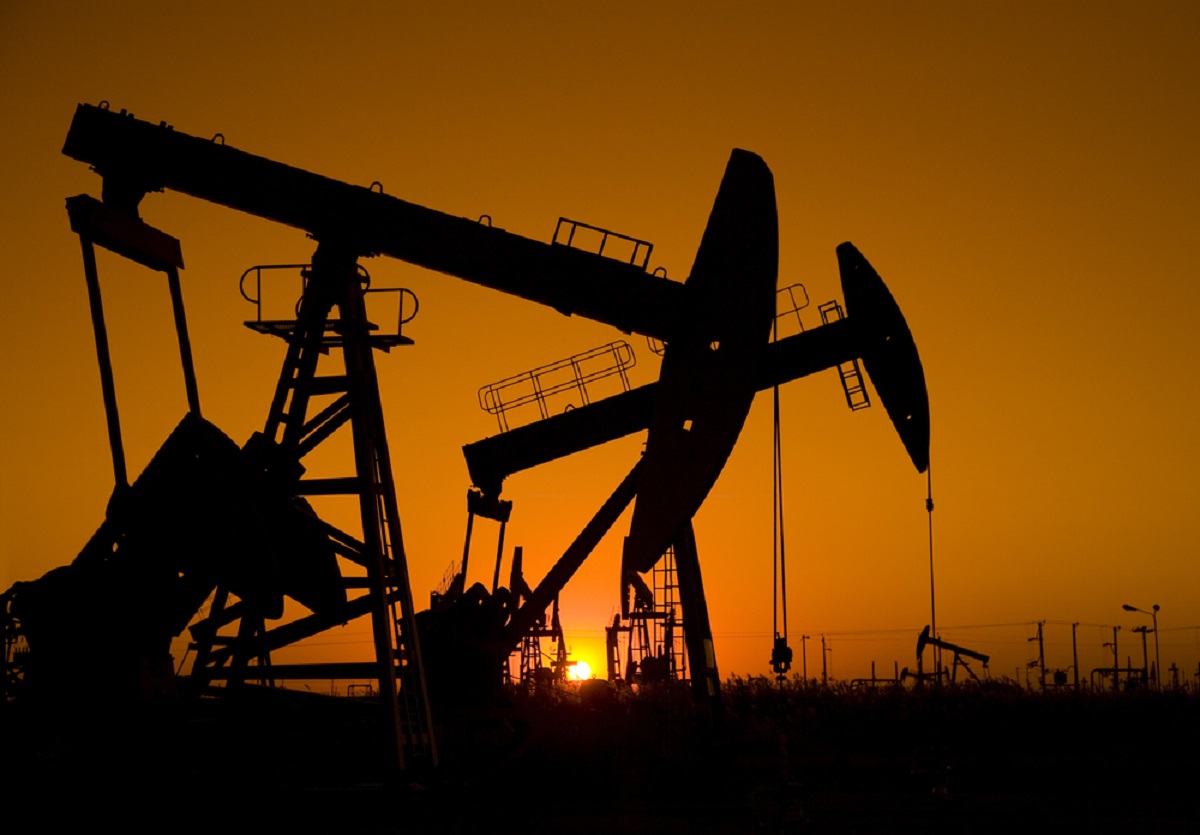Atlas Shrugged, part II, chapter I
After a brief detour through the glorious disaster that was the Atlas Shrugged: Part I movie, we’re ready to dive into the second part of the book. When we last checked in, Ellis Wyatt had blown up his oil wells and vanished. Part II raises the curtain at the State Science Institute:
Dr. Robert Stadler paced his office, wishing he would not feel the cold. Spring had been late in coming…
It was not cold today, the chill was in his bones — he thought — the stored accumulation of the winter months, when he had had to be distracted from his work by an awareness of such a matter as inadequate heating and people had talked about conserving fuel. It was preposterous, he thought, this growing intrusion of the accidents of nature into the affairs of men: it had never mattered before, if a winter happened to be unusually severe; if a flood washed out a section of railroad track, one did not spend two weeks eating canned vegetables; if an electric storm struck some power station, an establishment such as the State Science Institute was not left without electricity for five days.
Dr. Stadler has summoned Dr. Floyd Ferris, the Institute’s top coordinator, to complain about the scarcity of power and heat. Ferris is notable if only because he’s the first villain who isn’t overweight and gangly. Possibly Ayn Rand realized her all-unattractive-people-are-evil message was getting heavy-handed, even for her, although she still has to slip in a bizarre jab at his appearance:
He had an air of immaculate grooming and a ballroom grace of motion… He did not mind repeating, in the tone of a joke on himself, that a movie producer once said he would cast him for the part of a titled European gigolo.
Ferris offers oleaginous apologies for the oil shortages, explaining that the “Wyatt Reclamation Project” keeps hitting unforeseen setbacks. The government has taken over Ellis Wyatt’s oil fields, but hasn’t been able to recreate his method:
“…but we have succeeded in forcing a flow from one of the wells, to the extent of six and a half gallons. This, of course, is merely of experimental significance, but you must take into consideration the fact that we had to spend three full months just to put out the fire, which has now been totally — almost totally — extinguished. We have a much tougher problem than Wyatt ever had, because he started from scratch while we have to deal with the disfigured wreckage of an act of vicious, anti-social sabotage which… I mean to say, it is a difficult problem, but there is no doubt that we will be able to solve it.”
In Rand’s worldview, only if businessmen are allowed to act without restriction can they keep us safe from inimical natural forces. Now, obviously, we all like heated houses in winter. But the thing Rand didn’t know then, but that we do know now, is that fossil fuels aren’t a panacea. Our industrial civilization has glutted itself on cheap energy, but there’s a price to pay for that, and the bill is coming due. We are witnessing a “growing intrusion of the accidents of nature into the affairs of men”, but it’s caused by an excess of capitalism, not a lack of it.
Over the past few decades, sea levels have been slowly rising: a steady creep that erodes beaches, turns wells salty, and threatens coastal communities with catastrophic flooding. Ocean waters are getting warmer as well, and in conjunction with sea-level rise, fueling more powerful and destructive storms – like when Hurricane Sandy struck the Atlantic coast and swamped New York City in 2012.
Meanwhile, western states are grappling with a new normal of severe drought year after year (some by praying for rain), and mountain states like Colorado have been ravaged by massive fires for the past several years in a row, to the point where fire experts are saying the the only thing to do in the future may be to let the state burn all summer until the autumn rains. In the Midwest, nuclear power plants are having to shut down because the rivers and streams they use for cooling are too warm.
And industries that rely on cold weather are seeing their livelihoods slip away. Most famously, just this year the Sochi Winter Olympics was nearly ruined by warm weather that melted snow and left slushy courses. Ski resorts all over the U.S. are turning to artificial snow as a desperation measure, and many may go out of business. In Europe, wine production is shifting north, to Scotland and Poland, where it’s becoming warm enough to grow grapes for the first time; while the valleys of France, Spain and Italy may soon be too hot.
There’s no mystery to any of these things; it’s precisely what climate scientists have been warning about for decades. Humanity’s reckless burning of fossil fuels is pumping carbon into the atmosphere, creating a heat-trapping swelter of greenhouse gases that’s warming the world, altering weather patterns and pushing the climate out of equilibrium. These increasing intrusions of nature are caused, not prevented, by human industry.
We didn’t know this when Ayn Rand wrote this book, so she at least has an excuse. But her intellectual descendants, modern-day libertarians, are some of the most consistent climate-change deniers around. Ironically, this means that they’re now the ones playing the role of Randian villains: wondering about these strange accidents of nature intruding into the world of human beings, when the answer is staring them right in the face.
Other posts in this series:
